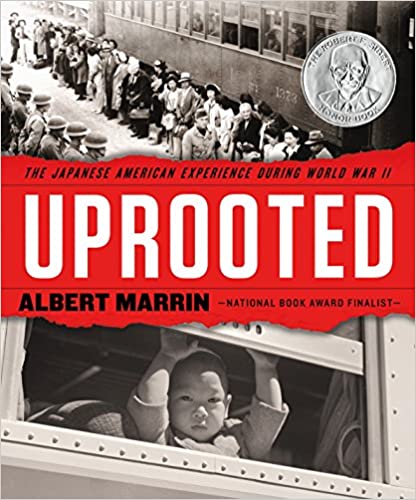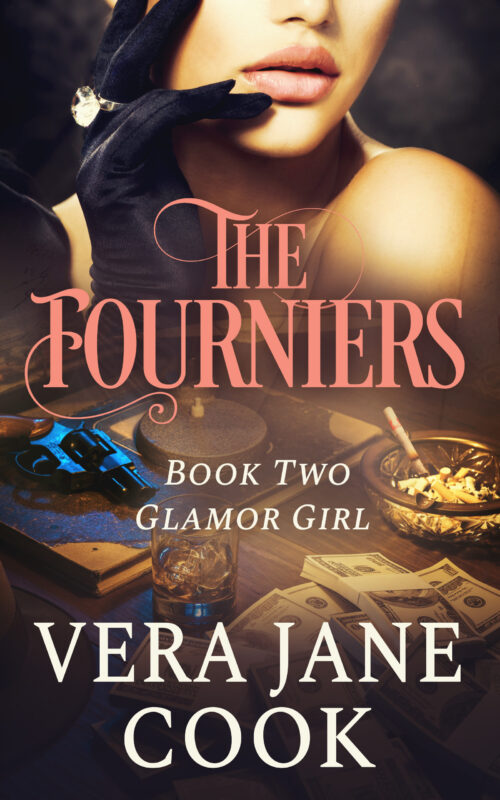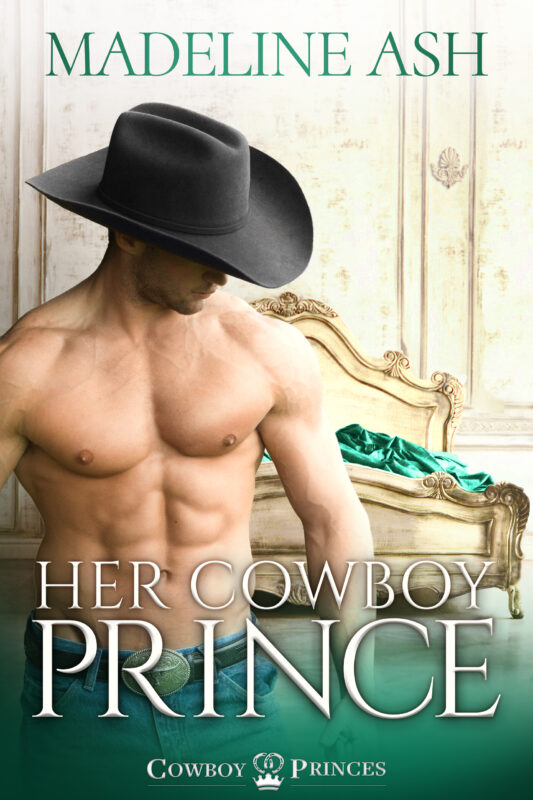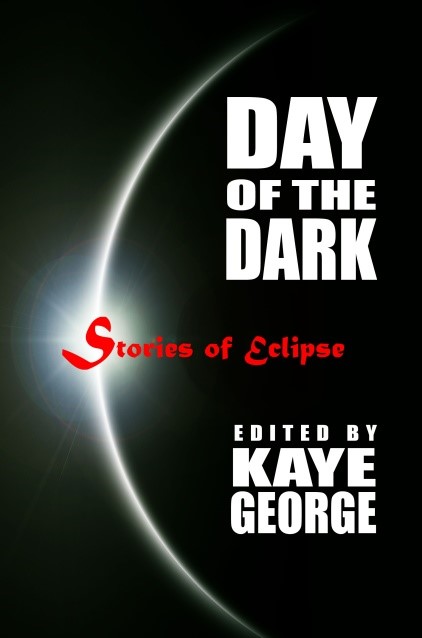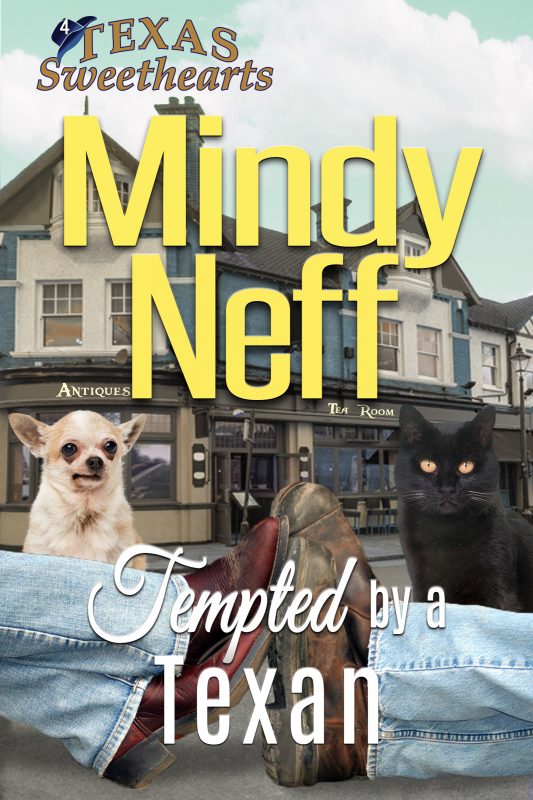Are we WRITERS? by Monica Stoner Member at (very) Large
April 19, 2010 by Marianne H. Donley in category Archives tagged as Member At Large, Monica StonerWhat defines us as writers? Some say the act of writing, of pulling words from our heads and putting them on pages, defines a writer. If that’s the case, when we don’t write, do we cease being writers?
We all agree publishing of any sort does not define us as writers. Publishing is the public acknowledgment of our writing. The same as hanging a painting in a gallery, or selling sculpture recognizes a large step in an artist’s life. However, creating that artwork has already identified that person as an artist. When asked, they can point to the sculpture, the hand thrown bowl, the oil painting, as an affirmation of their identity as an artist. When not currently producing, they still have that proof of their creative spark.
How long after we cease to torture our bodies by sitting for hours in front of our computer and cudgel our minds for just one viable idea can we continue to call ourselves writers? Is there a specific length of time, or maybe one day we just wake up and decide it’s time to move on to something else? If, after a span of time, we plan to take up the challenge once more will we be still writing, or writing once again? Do we call ourselves once and future writers?
Teachers and nurses retire; pilots retire; and certainly soldiers and policemen retire. Once they have made that change in their lives, they are former teachers, pilots, etc (except Marines – I understand once a Marine, Always a Marine). Do writers ever retire? Or do they plan to be found, pen in hand, yellow pad on their lap, jotting down one final thought? Maybe writers are the Marines of the cerebral world – once a Writers, always a Writer?
Where is this leading? I’m not really sure. I just know by the act of dragging these words out of my head and into my fingers, I’ve gone from not writing to writing. So I guess I’m still a writer. And next maybe I’ll discuss wonderful writing data bases and why they don’t work for everyone.
Monica Stoner
tsent@ix.netcom.com
We’re only given a little spark of madness; we mustn’t lose it.
e-maginings: Aries New Moon
April 16, 2010 by A Slice of Orange in category Archives tagged as Aries, astrology, e-maginings, Linda McLaughlin, new moon, writng Before I started writing, back in the Dark Ages (before the Internet), I used to study astrology and I still find it interesting. Wednesday April 14 was the Aries New Moon, the first one of the astrological year. (Aries is the first sign of the Zodiac and starts with the Vernal Equinox. It’s also my Sun Sign.)
Before I started writing, back in the Dark Ages (before the Internet), I used to study astrology and I still find it interesting. Wednesday April 14 was the Aries New Moon, the first one of the astrological year. (Aries is the first sign of the Zodiac and starts with the Vernal Equinox. It’s also my Sun Sign.)
A New Moon occurs when the Sun and Moon line up astronomically so that the moon is between the Earth and the Sun, and thsu not visible anywhere on earth. In astrological terms, Moon and Sun are in conjunction. A new moon occurs at least once a month, and sometimes twice, known as a Blue Moon.
According to a recent email I received from Astrology.com, the Aries new moon is:
…the most vibrant and inspirational of all new Moons of the year… a time when it is vital to get your head (Sun) and your heart (Moon) — together. This is the only way you can get wholeheartedly behind whatever emotional changes or projects take root at this time.
New Moons are only slivers of light in the sky, so this will not be a spectacular even by any chance. But this is the time to sow the seeds, nurture them carefully and watch them grow. You need a vision — which is the idea; you need a plan — which is the realistic way of moving towards your cherished goal. Then you need patience — which isn’t the same as doing nothing — it is all about helping along what wants to happen…
Since this particular Aries New Moon is in easy aspect to Neptune, being creative or being spiritual will be all the more important. Listen to that inner voice, and you will know which dream is being awakened from its slumbers. And remember the old saying: ‘The dreamers of the day act with their eyes open and make it happen.’
Sounds good to me. I’ve been in a dry spell, writing-wise, but maybe this will be a good time to start a new project, something I’ve been taking baby steps toward doing. Now if I can just get some words on the page…
Wish me luck!
Linda McLaughlin
w/a Lyndi Lamont
5 Tips to Writing Fiction that I learned from writing kids’ cartoons for TV by Jina Bacarr
April 11, 2010 by A Slice of Orange in category Archives tagged as cartoons, Confessions of a Podcast Goddess, Inspirational fiction, TV, writing processWhen I was preparing for a teleconference with author Heidi Richards for her publishing series about writing fiction, I thought about my early days in TV and the valuable lessons that I learned from writing scripts.
I discussed this topic in depth with Heidi in the teleconference, but I’ve included my 5 tips for writing fiction for you at the end of this blog. But first–
How did I start writing sexy fiction?
When I wrote a monthly column for a computer magazine called Sweet Savage Byte, who knew years later mainstream would meet bitstream, making e-books (including sexy fiction) available at the click of a mouse. The Internet’s easy access and anonymity made it all possible.
It also gave the opportunity for so many writers to bring out those stories from underneath their beds and see their works published.
My sexy coming-of-age story “The Blonde Geisha“ was published by Harlequin Spice during that time. That novel was followed by several other titles that I’ve written for Spice as well as a non-fiction book for Stone Bridge Press, “The Japanese Art of Sex: how to tease, seduce and pleasure the samurai in your bedroom.”
Here is the short version of my 5 Tips for writing fiction that I learned from writing kids’ cartoons for TV:
1. Beat It: know your story beats
2. You gotta have heart. What is your emotional theme?
3. Dialogue is king (or queen).
4. The white rabbit syndrome: getting into the scene as late as you can and out as quickly as you can.
5. Writing is rewriting.
So the next time you sit down to watch your favorite TV show, watch it with the eye of a television writer: note the story beats, boil down the emotional core of the story to one or two words, listen to the dialogue, watch how they get in and out of a scene, then press rewind and watch it again.
And don’t forget the most important tip of all when you write your story: let your imagination soar.
It’s the magic that makes the elephant fly.
The Blonde Samurai
“She embraced the way of the warrior. Two swords. Two loves.â€
Reading for a Road Trip
April 8, 2010 by A Slice of Orange in category ArchivesI’m on the road (and occasionally in the air) with my family for almost a month, trailing my hubby around the USA as he works, plus taking some vacation time. Our journey includes 10 days meandering in the South. I’m hoping to have lots of lovely reading time…which means I need lots of lovely books!
It makes sense to read some Southern-themed novels, right? To get myself in the mood for the trip, I recently re-read To Kill a Mockingbird, which blew me away with its wonderfulness. Not one false note in that book. Somewhat more contemporary but equally Southern, I just finished Into the Corner, by Marisa Carroll, the latest in the Harlequin NASCAR series – I’m loving this series, and not just because I wrote for it!
I have In This Mountain, by Jan Karon in my suitcase…but I need more! I’m hoping to find The Goddess of Fried Okra, the new book by Jean Brashear, in a bookstore soon, plus the last two books in the current Harlequin NASCAR series, Raising the Stakes by Wendy Etherington, and Crossing the Line, by Jean Brashear, both April releases.
Anyone got any great ideas for other Southern-themed books to help me along my way?
Orange Rose Contest
March 30, 2010 by Marianne H. Donley in category ArchivesApril is just around the corner, and a few days later, the April 10th Contest Deadline.
If you are planning to enter and have your writing reviewed by the many fabulous published author volunteers, please ensure that you allow for sufficient mailing time.
Thank you to those contestants who have already submitted their entr(ies).
This is shaping up to be a fantastic contest year,
Lynn Nissen
2010 Orange Rose Contest Coordinator
* * * PERMISSION TO FORWARD * * *
Twenty-Seventh Annual Orange Rose Contest for Unpublished Writers
NEW! Electronic Entries for RWA Members who reside outside the continental
United States
Deadline: April 10, 2010 – Limited to the first 150 entries
Enter: Synopsis and beginning of unpublished manuscript (first 55 pages maximum)
Categories:
* Contemporary Category Romance
* Erotic Romance
* Historical & Regency
* Inspirational
* Mainstream with Romantic Elements
* Paranormal/Time Travel/Fantasy
* Romantic Suspense
* Single Title Romance (over 70,000 words)
Fees: OCCRWA Members: $25.00, Other RWA Members: $35.00
First Round Judges: 3 published authors
Top ten finalists will be announced July 10, 2010 and are chosen by their
overall score, NOT by category.
Finalist manuscripts are judged by two editors who acquire in the appropriate category for the finalist entry(ies) and are selected AFTER the finalists are determined.
The final round editor/judges in 2009 were:
* Beth Adams, Guidepost Books
* Alicia Condon, Dorchester
* Selina McLemore, Grand Central
* Talia Platz, NAL
* Danielle Poiesz, Pocket Books
* Emily Rodmell, Steeple Hill
* Diana Ventimiglia, Harlequin
* Deb Werksman, Sourcebooks
* Adam Wilson, MIRA/HQN
Cash prizes: 1st – $100, 2nd – $75, 3rd – $50, 4th – $25
Rules/Entry Form and Sample Score Sheet: http://www.occrwa.org/orangerose.html
Questions: Contest Coordinator: Lynn Nissen. Email: orangerose@occrwa.org
Affiliate Links
A Slice of Orange is an affiliate with some of the booksellers listed on this website, including Barnes & Nobel, Books A Million, iBooks, Kobo, and Smashwords. This means A Slice of Orange may earn a small advertising fee from sales made through the links used on this website. There are reminders of these affiliate links on the pages for individual books.
Search A Slice of Orange
Find a Column
Archives
Featured Books
UPROOTED: THE JAPANESE AMERICAN EXPERIENCE DURING WORLD WAR II
A Publishers Weekly Best Book of the Year, A Booklist Editor's Choice
More info →DAY OF THE DARK
A recipe for disaster: take one total solar eclipse, add two dozen spine-chilling mysteries, and shake the reader until the world ends in Day of the Dark!
More info →TEMPTED BY A TEXAN
Her Knight In Shining Armor Came Armed With A Colt .45
More info →Newsletter
Contributing Authors
Search A Slice of Orange
Find a Column
Archives
Authors in the Bookstore
- A. E. Decker
- A. J. Scudiere
- A.J. Sidransky
- Abby Collette
- Alanna Lucus
- Albert Marrin
- Alice Duncan
- Alina K. Field
- Alison Green Myers
- Andi Lawrencovna
- Andrew C Raiford
- Angela Pryce
- Aviva Vaughn
- Barbara Ankrum
- Bethlehem Writers Group, LLC
- Carol L. Wright
- Celeste Barclay
- Christina Alexandra
- Christopher D. Ochs
- Claire Davon
- Claire Naden
- Courtnee Turner Hoyle
- Courtney Annicchiarico
- D. Lieber
- Daniel V. Meier Jr.
- Debra Dixon
- Debra H. Goldstein
- Debra Holland
- Dee Ann Palmer
- Denise M. Colby
- Diane Benefiel
- Diane Sismour
- Dianna Sinovic
- DT Krippene
- E.B. Dawson
- Emilie Dallaire
- Emily Brightwell
- Emily PW Murphy
- Fae Rowen
- Faith L. Justice
- Frances Amati
- Geralyn Corcillo
- Glynnis Campbell
- Greg Jolley
- H. O. Charles
- Jaclyn Roché
- Jacqueline Diamond
- Janet Lynn and Will Zeilinger
- Jaya Mehta
- Jeff Baird
- Jenna Barwin
- Jenne Kern
- Jennifer D. Bokal
- Jennifer Lyon
- Jerome W. McFadden
- Jill Piscitello
- Jina Bacarr
- Jo A. Hiestand
- Jodi Bogert
- Jolina Petersheim
- Jonathan Maberry
- Joy Allyson
- Judy Duarte
- Justin Murphy
- Justine Davis
- Kat Martin
- Kidd Wadsworth
- Kitty Bucholtz
- Kristy Tate
- Larry Deibert
- Larry Hamilton
- Laura Drake
- Laurie Stevens
- Leslie Knowles
- Li-Ying Lundquist
- Linda Carroll-Bradd
- Linda Lappin
- Linda McLaughlin
- Linda O. Johnston
- Lisa Preston
- Lolo Paige
- Loran Holt
- Lyssa Kay Adams
- Madeline Ash
- Margarita Engle
- Marguerite Quantaine
- Marianne H. Donley
- Mary Castillo
- Maureen Klovers
- Megan Haskell
- Melanie Waterbury
- Melisa Rivero
- Melissa Chambers
- Melodie Winawer
- Meriam Wilhelm
- Mikel J. Wilson
- Mindy Neff
- Monica McCabe
- Nancy Brashear
- Neetu Malik
- Nikki Prince
- Once Upon Anthologies
- Paula Gail Benson
- Penny Reid
- Peter Barbour
- Priscilla Oliveras
- R. H. Kohno
- Rachel Hailey
- Ralph Hieb
- Ramcy Diek
- Ransom Stephens
- Rebecca Forster
- Renae Wrich
- Roxy Matthews
- Ryder Hunte Clancy
- Sally Paradysz
- Sheila Colón-Bagley
- Simone de Muñoz
- Sophie Barnes
- Susan Lynn Meyer
- Susan Squires
- T. D. Fox
- Tara C. Allred
- Tara Lain
- Tari Lynn Jewett
- Terri Osburn
- Tracy Reed
- Vera Jane Cook
- Vicki Crum
- Writing Something Romantic
Affiliate Links
A Slice of Orange is an affiliate with some of the booksellers listed on this website, including Barnes & Nobel, Books A Million, iBooks, Kobo, and Smashwords. This means A Slice of Orange may earn a small advertising fee from sales made through the links used on this website. There are reminders of these affiliate links on the pages for individual books.


